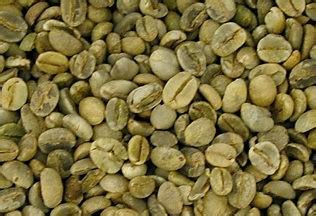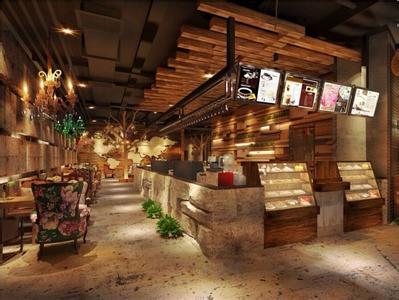A new coffee producer in the Colombian coffee town is in harvest season.
Angel Maria Orozco, a coffee grower with key cards, uses a pestle to peel off the hard shells of sun-dried coffee beans. Photograph: Francisco Lastrucci (Francesco Lastrucci)
However, coffee is not native to Colombia, but it has been grown here for hundreds of years, and the steep mountains are shaded by trees, combined with the right precipitation, height and temperature. it is an ideal place to grow round, medium-sized Arabica beans. Colombia has been exporting coffee beans since the early 19th century, with sales reaching 840000 tons in 2015 alone. Caf é de Colombia, a well-known brand of Columbia Coffee (Caf é de Colombia) with his capable donkey Conchita, and the image of Juan Valdez and Donkey in its advertisements have long been famous in southwestern Colombia's famous "Coffee Triangle" (coffee triangle), driving a popular tourist route as an alternative to luxury resorts and planned plantation tours. And the Sierra Nevada route is a journey through the past and the present, allowing visitors to get a glimpse of the past and taste the upcoming Colombian coffee. In remote upland areas, indigenous tribes Koji and Alvako are leading the way in the cultivation of organic coffee, with a sustainable system that combines traditional spiritual beliefs with modern knowledge of cultivation. These estates have skills and tools handed down from generation to generation, and the organic coffee beans are highly sought after, with triple certification of organic food, fair trade and rainforest friendliness.
There is a bumper harvest of organic coffee beans in northern Colombia. Photograph: Francisco. Lastrucci.
Menka's plantations may be reminiscent of decades ago, but the local Kogi Farm (or the more remote Alvako farm) is hidden deep in the mountains, a journey to hundreds of years ago. The tribe lived in primitive brick houses with no electricity, and the roof was covered with thatch. They often carry their mochila (a hand-woven backpack) and wear hand-woven white cotton-padded clothes (white symbolizes the purity of nature). Their traditional conical hats represent the sacred snow-capped mountains. Their mamos (their spiritual guide) performs cleansing rituals, prayers and songs before sowing and harvesting.

Important Notice :
前街咖啡 FrontStreet Coffee has moved to new addredd:
FrontStreet Coffee Address: 315,Donghua East Road,GuangZhou
Tel:020 38364473
- Prev

Coffee exports from El Salvador declined by 17.3%, about 132,000 government dollars less than the previous year.
The city of El Salvador has a large number of 16th-century buildings and religious buildings, many of which are decorated with 17th-and 18th-century carvings and stripes made of colored mud, reflecting the characteristics of the colonial period. Its overall characteristics are described through a forest of monuments and consistent ideas. All this shows that El Salvador is a city with a suitable structure for the colony.
- Next

Retailers in the economic downturn have become beneficiaries of closed cafes in Britain.
In the tide of shop closures, clothing stores have the highest closure rate. A total of 206 clothing stores closed in the first half of the year, but just over half of them opened: 119. By contrast, there are more and more tobacco stores, jewellers and coffee shops. The net growth of tobacco stores with a low base of stores reached 28, while jewellers increased by 26 stores. And the largest coffee in Britain
Related
- Can I make coffee a second time in an Italian hand-brewed mocha pot? Why can't coffee be brewed several times like tea leaves?
- Hand-brewed coffee flows with a knife and a tornado. How to brew it? What is the proportion of grinding water and water temperature divided into?
- What is the difference between Indonesian Sumatra Mantinin coffee and gold Mantinin? How to distinguish between real and fake golden Mantelin coffee?
- What does bypass mean in coffee? Why can hand-brewed coffee and water make it better?
- Unexpected! Ruixing Telunsu lattes use a smoothie machine to foam milk?!
- % Arabia's first store in Henan opens into the village?! Netizen: Thought it was P's
- Does an authentic standard mocha coffee recipe use chocolate sauce or powder? Mocha Latte/Dirty Coffee/Salty Mocha Coffee Recipe Share!
- What is the difference between Vietnam egg coffee and Norway egg coffee? Hand-brewed single product coffee filter paper filter cloth filter flat solution!
- What is the difference between sun-cured and honey-treated coffee? What are the differences in the flavor characteristics of sun-honey coffee?
- How to make Italian latte! How much milk does a standard latte use/what should the ratio of coffee to milk be?

